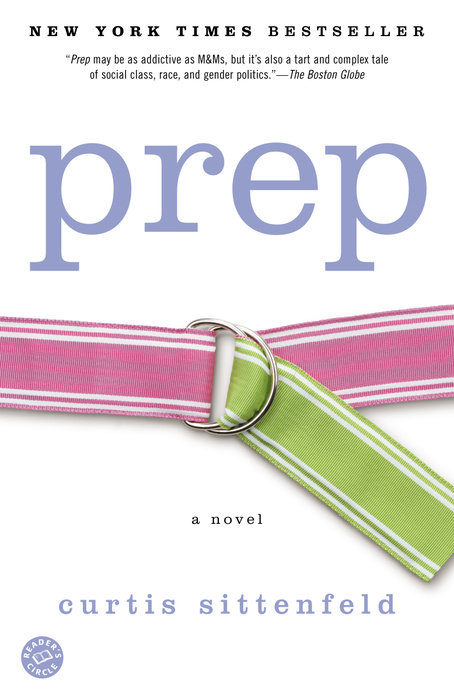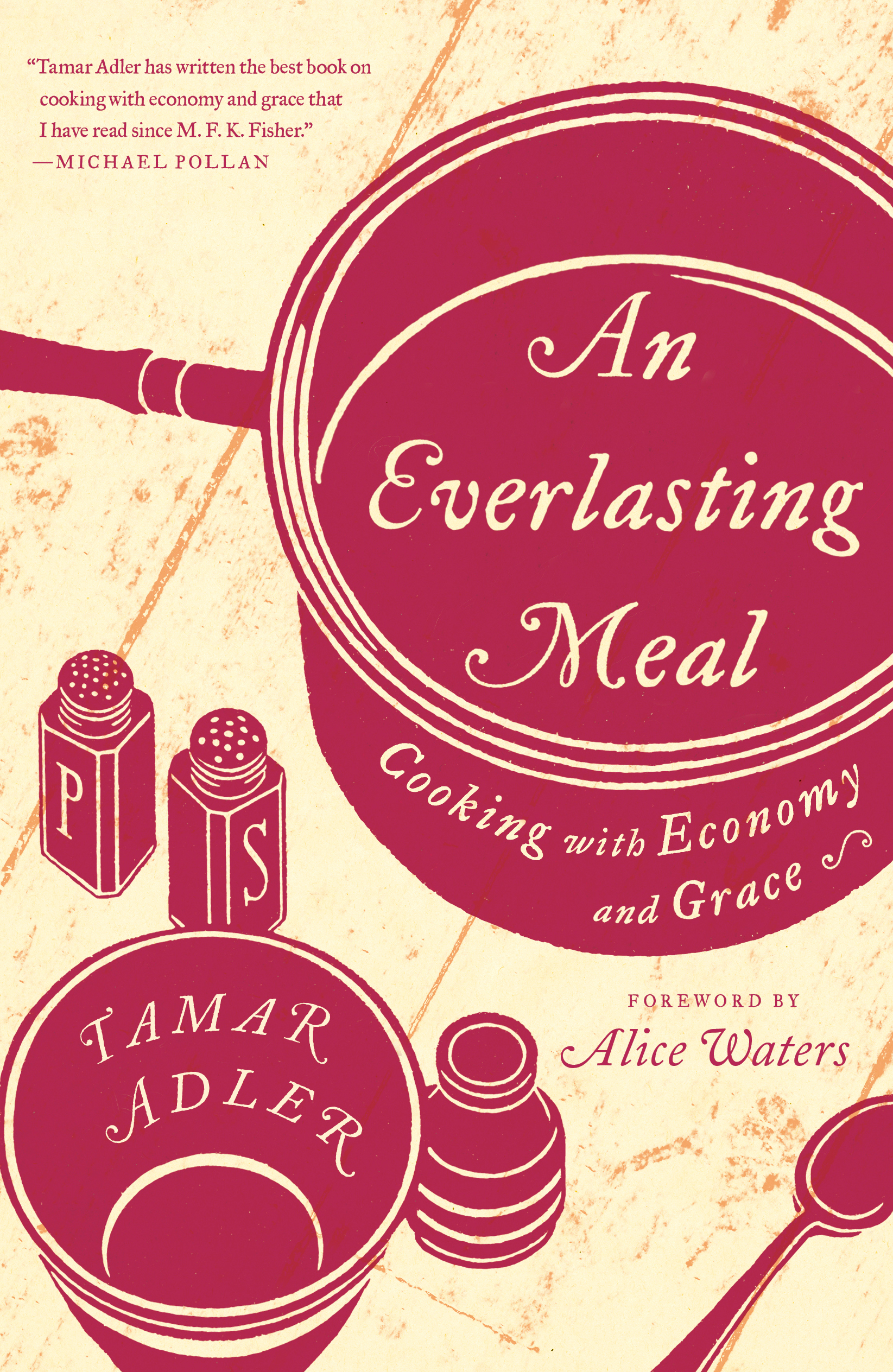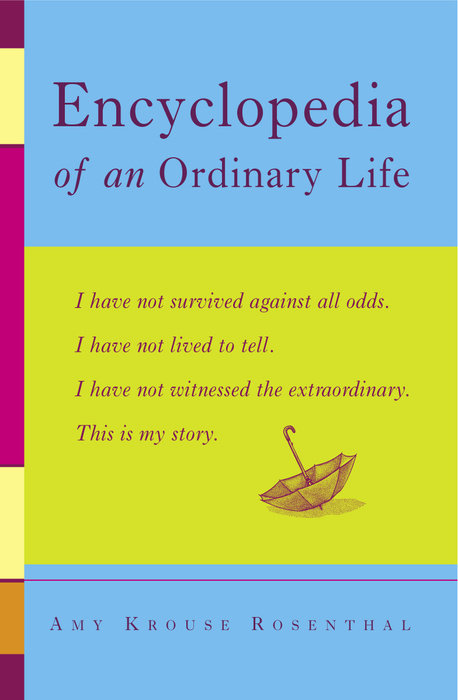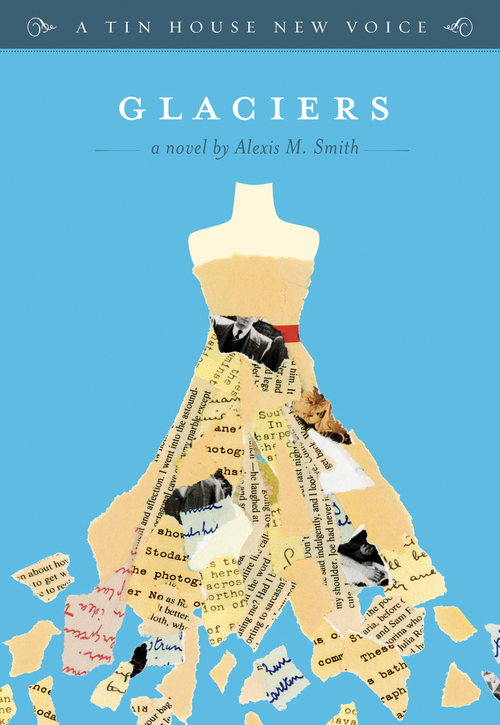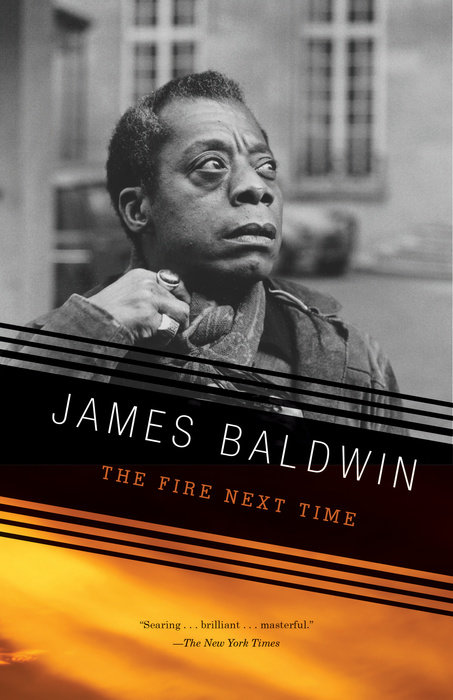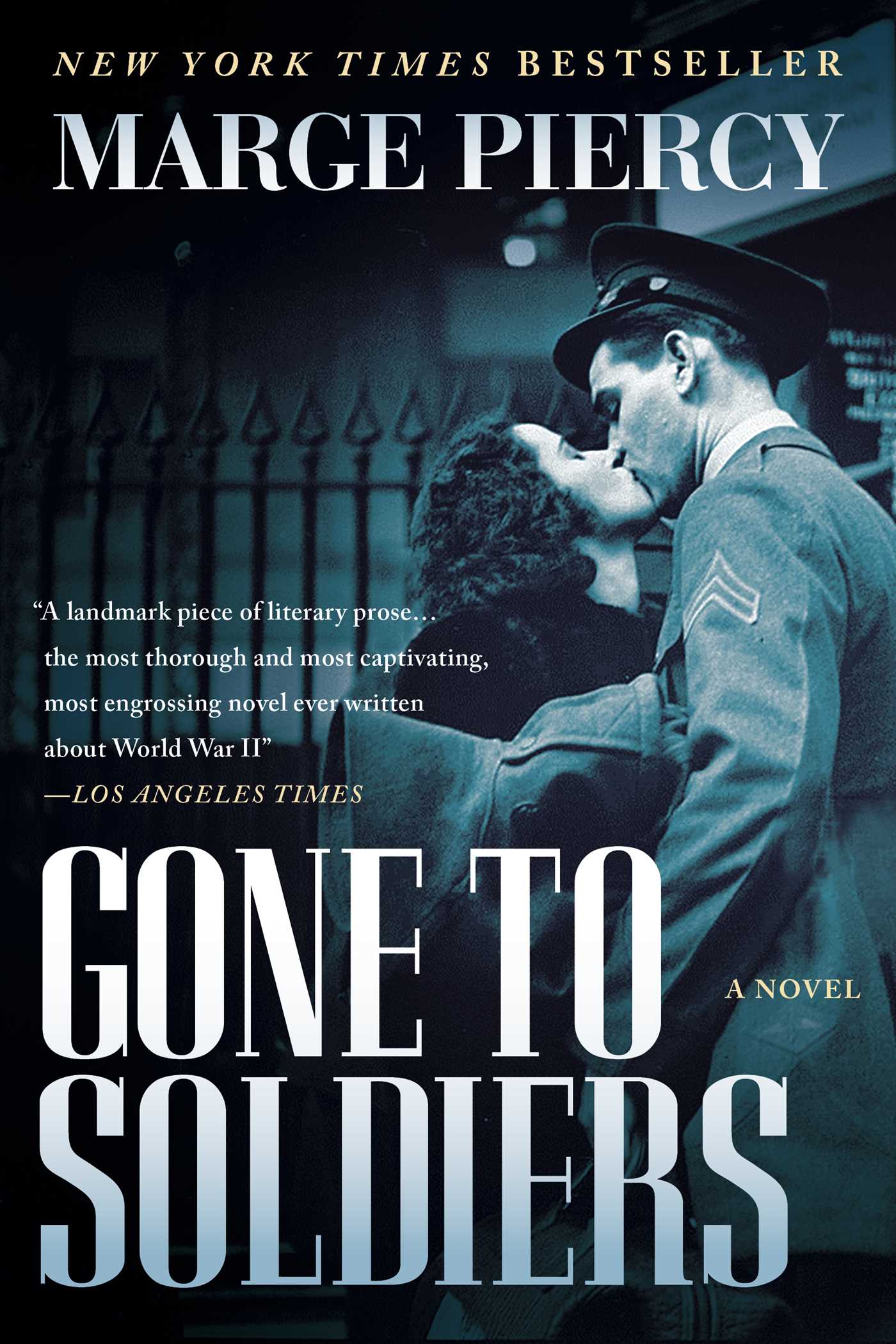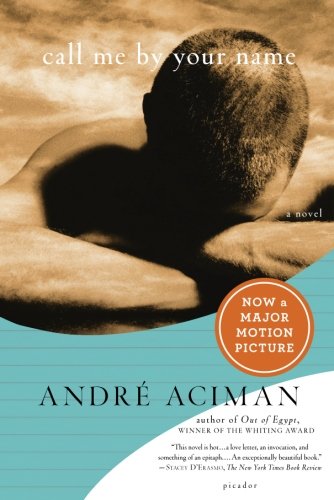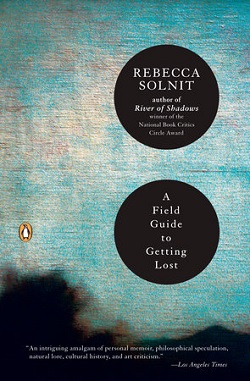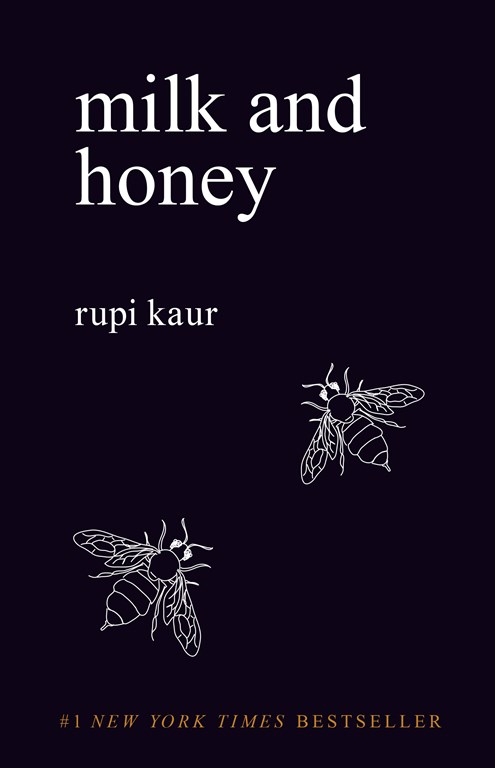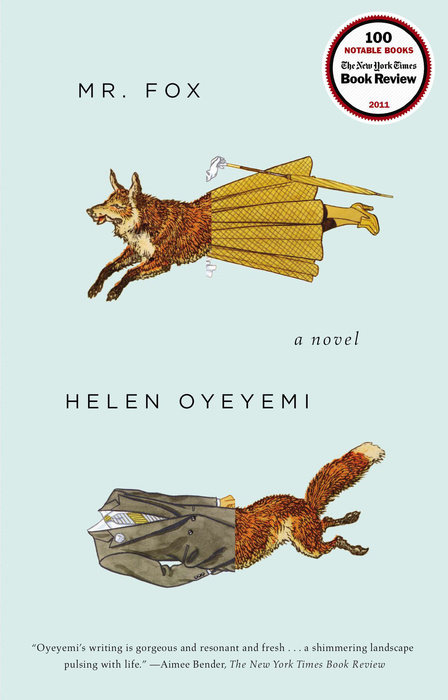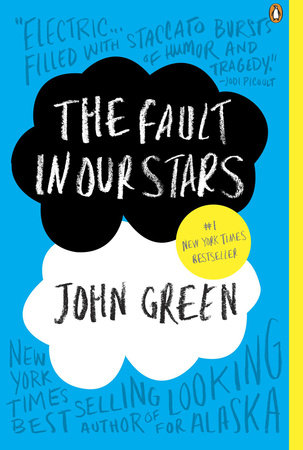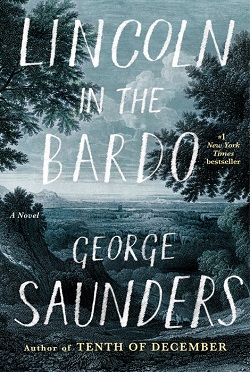It’s Christmas morning and you’re supposed to get all your favorite things, right? To celebrate, we’re sharing some of our very favorite Off the Shelf recommendations. We love these books and we love these reviews. We wish you a happy, healthy holiday season surrounded by family and friends—and, of course, lots of great books.

Our Gift to You: 13 of Off the Shelf’s Favorite Book Recommendations
“My copy of Curtis Sittenfeld’s PREP is ‘well loved,’ to put it lightly. The spine is broken and held together precariously with Scotch tape, the pages are falling out, and the cover is hanging by a corner.”
Although she once felt like an outsider, scholarship student Lee managed to carve a place for herself at the Ault School. When her behavior takes a self-destructive turn, though, her carefully crafted identity is shattered. Curtis Sittenfeld’s debut novel is an insightful and uproarious coming-of-age story, as well as a vivid dissection of class, race, and gender.
“When Tamar Adler writes, ‘The amount of food you have left from a meal is always the perfect amount for something,’ it is the sort of guidance that makes her book, AN EVERLASTING MEAL: COOKING WITH ECONOMY AND GRACE, feel like having a good friend in the kitchen with you. It gives wise advice, is highly entertaining, witty, makes you think, and leaves you wanting more; even if it won’t help wash the dishes.”
This insightful, meditative collection of essays breathes life into the belief that we can start cooking from wherever we are, with whatever we have. It is an elegant testimony to the pleasures of home cooking.
“The first memoir by Amy Krouse Rosenthal, who died on March 13 at age 51, uses the word ‘death’ only once. I know this because the endpapers include a list: How Many Times Certain Words Appear in This Book. ‘Cool’ appears 22 times, ‘really’ 69, ‘awkward’ and ‘weird’ both six. ‘Love’ gets 78.”
“GLACIERS is not loud. It is quiet. The story is not plot-heavy but rich with emotional depth. I was quickly engrossed by Isabel’s place in the world. Just as she is fascinated with stories of the past and stories of fiction, I wanted to know what her story would be.”
MENTIONED IN:
“I recently re-read THE FIRE NEXT TIME and it continues to feel resonant and urgent (just ask writers Ta-Nehisi Coates and Jesmyn Ward). This has much to do with the courage and chutzpah of its address, and the fact that the fire Baldwin prophesied, the fire that comes from denying history and racial inequality, is now in the streets of America, Canada, and Europe.”
“More than 750 pages long, GONE TO SOLDIERS can definitely be intimidating, and I knew when I picked up this novel that it would need to be extraordinary in order to hold my attention for a few weeks. Thankfully, I was not disappointed. I’ve read a variety of pieces on World War II, ranging from both personal and fictional Holocaust accounts to stories from Japan, and GONE TO SOLDIERS is the most complete, complex, and stunning piece of World War II literature I’ve ever encountered.”
“More than 750 pages long, GONE TO SOLDIERS can definitely be intimidating, and I knew when I picked up this novel that it would need to be extraordinary in order to hold my attention for a few weeks. Thankfully, I was not disappointed.”
MENTIONED IN:
“There are books that are so exquisitely rendered, so unfailing in the sweep of their stories and the exactitude of their language that simply hearing their titles causes you to fall back immediately into their pages. CALL ME BY YOUR NAME is one such book.”
MENTIONED IN:
“Of course, the unknowable is often better left that way, and embracing that uncertainty is the end to which Rebecca Solnit urges her readers in A FIELD GUIDE TO GETTING LOST. Solnit takes readers on a winding journey through time and space, through multiple parallel and intersecting histories—of Native American guides and early explorers, of the westward push of the Gold Rush, of her own childhood, and of friends loved and lost. This zigzagging journey is framed by a single question: ‘How will you go about finding that thing the nature of which is totally unknown to you?’”
“Never to get lost is not to live,” instructs Rebecca Solnit in A FIELD GUIDE TO GETTING LOST. Putting aside the truism of journey-as-destination, this ode to wanderlust is filled with essays on navigating modern life when your point of navigation is a moving target. In gorgeous prose and through unexpected paths, Solnit illustrates how sometimes the best way to find what you need is to get lost.
“Few exist in the world’s collective memory with as much grace, class, and humanity as the late Princess of Wales. Diana was the people’s princess even before the world watched with horror as news broke of her tragic death. She was beloved by millions and adored around the world—but truly known by only a select few. She kept her private life a closely guarded secret, her crumbling marriage and medical disorders hidden away from the British public for as long as she could. Then, in 1991, she agreed to work with biographer Andrew Morton to tell her story, and everything changed.”
MENTIONED IN:
“Who says people don’t read poetry anymore? During the past several months, all my girlfriends have been reading the same collection of poetry. Now, these are twentysomethings who barely read any of the books I send them—let alone poetry—and they don’t buy books regularly. So it meant something when all these young women were raving about Rupi Kaur’s MILK AND HONEY. When I finally decided to pick up this extraordinary collection of poems, I immediately understood why everyone is so obsessed.”
MILK AND HONEY is a collection of poetry and prose grounded in the everyday experiences of women and bears witness to both the beautiful and the brutal sides womanhood. Every word feels genuine and evokes such strong feeling. I sobbed on the subway reading this collection for the first time.
MENTIONED IN:
“Part of being human is constantly trying to make sense of the world around us, no matter how strange it may be. We do this every day, rationalizing the actions of fellow commuters on the way to work or keeping a planner simply to know when we did what. But there’s something quite beautiful about the nonsensical that forces you to suspend rationality and simply take it all in. Nothing proves this more than Helen Oyeyemi’s devilishly whimsical and altogether riveting novel MR. FOX.”
“I wanted to write a review about THE FAULT IN OUR STARS by John Green because I really loved this book but I worried about how to write a review for a book that has become so iconic and that so many people have read—I worried that I wouldn’t have anything new to say. But then I thought, maybe there is someone out there like me: a mom, whose daughters loved the book, but was someone who didn’t want to cross the invisible parent/child boundary and read a book that was precious to her kids and thus off-limits to her. I wanted that mom to know she should read this book.”
It appears that even hard-bodied hot dudes have a soft spot—and it comes in the form of John Green’s novel THE FAULT IN OUR STARS. When Hazel’s terminal cancer lands her at Cancer Kid Support Group, the last thing she expected to find was love. But when Augustus shows up, she gets to experience all the thrills, the heartbreak, and the raw emotion of being alive and being in love.
MENTIONED IN:
“I finished reading LINCOLN IN THE BARDO less than five minutes ago. Despite already being at my desk at work, I needed to get through those last nine pages. Now, I feel I cannot work until I tell someone about this book.”
George Saunders is an acclaimed short story writer of collections THE TENTH OF DECEMBER, PASTORALIA, and more. His first novel, LINCOLN IN THE BARDO, is a mesmerizing blend of historical fact and fiction. It is the story of the death of Abraham Lincoln’s son, Willie, told almost entirely through the voices of the spirits in the graveyard where Willie is laid to rest and where Lincoln returns to hold his son’s body. —Erin

